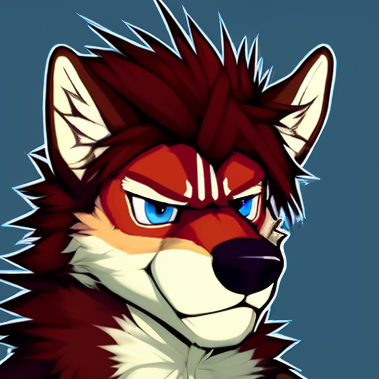So, full disclosure, I am cis, and exclusively attracted to men, since that is sure to influence my viewpoint on this.
I am of course referring to this: https://tvtropes.org/pmwiki/pmwiki.php/Main/EveryoneIsBi
I think that this is essentially the laziest way to do gay/bi representation. Everyone's just inexplicably bisexual. I'm sure some people are happy with that for whatever of what I am sure is long list of valid reasons. If you like games where you don't have to worry about this, I'm not arguing that you shouldn't. And I can't know how bi people feel about this at all from my experiences alone, so any bi people with an opinion on this please do share so I can further develop my own perspective on this.
Like, when I want representation, I kind of want it to reflect the real gay experience. That means the tragic bits too, including that not everyone is on the table as a potential partner. And that doesn't even mean having only one in ten or so characters being an option, I have seen VNs where there are so many gay people that it is clear that there is something in the water making everyone gay, that represent that aspect better. Something like getting the wrong signals and getting turned down by someone who can't reciprocate your feelings towards them? It's a tragic experience, but one that can be worth representing in media, because it's a real experience. But I don't know if that ever will be represented properly, queer people are already a small portion of the market, queer people looking specifically to be tragically rejected by a straight person have to be an absolute minority.
Why I say this is possibly a step backwards, is that games like Dragon Age: Origins (2009) had romance options that all had distinct sexual orientations, you had two straight and two bisexual companions you could romance. Fallout NV had no real "romance" options with companions, but did have Veronica and Arcade as distinctly lesbian/gay. And honestly, this seemed a bit more... it feels really fucking wrong to say "natural" in this context, but I will say it feels uncanny in comparison when I can put on a necklace in Skyrim and suddenly everyone I have run an errand for wants to marry me. Or that every companion in Fallout 4 will constantly forcegreet me after I max out friendship trying to get me to start their romance line.
It also just feels so much like an afterthought in comparison as far as the character writing goes. Looking at the games I mentioned, the distinctly bi and gay characters do feel like they have bi/gay energy, and that feels like it adds to their character design. I don't feel the same representation I felt with someone like Arcade Gannon in this type of setup, where there was a character who was like me (though to be fair I didn't know I was like him at the time I played -- well, I kind of did, but I was in deep denial at the time -- it's complicated), it just seems empty -- none of these characters are like me in that way.


To be clear, I was taking up your critique that the joy and liberation in being trans doesn't get represented in media. Certainly, the core of trans liberation in this moment is access to medical treatment and better social welfare programs etc. Media representation is only a small part in that battle, but because it helps to make our lives more livable and because it's more achievable than comprehensive policy changes I don't want to underestimate it.
For a good example, take the novel Little Fish by Casey Plett. Nearly every major character is trans simply because that's a realistic depiction of how (some) trans people primarily make friends with other trans people. There's still interpersonal conflict and painful events, but the protagonist doesn't go through all of that alone (and if she does, that's because of her personality). Or take Manhunt by Gretchen Felker-Martin: It's pulpier and darker in tone, but at the core of it is the difficult friendship between two trans women who stick together because trans people ultimately need each other. For yet another, somewhat lighter example, I'll go back to Tell Me Why. Its protagonist is reintegrating into society in a small, Alaskan village, and he can strike up a quick friendship or relationship with a gay character who's also similarly isolated. I could go on all day like this, so I'll stop now, but my point is that a lot can be done in terms of trans characters in media and so opting for one throwaway sentence is a very lazy choice.